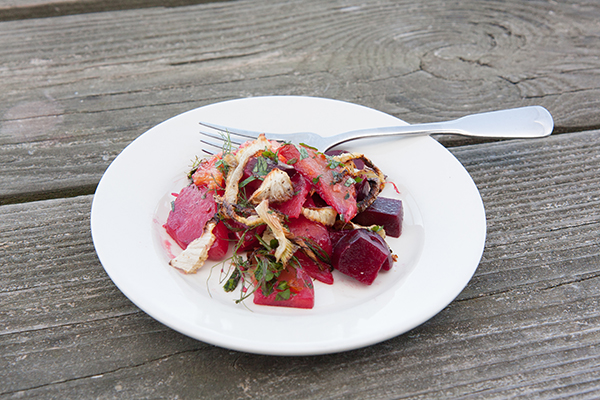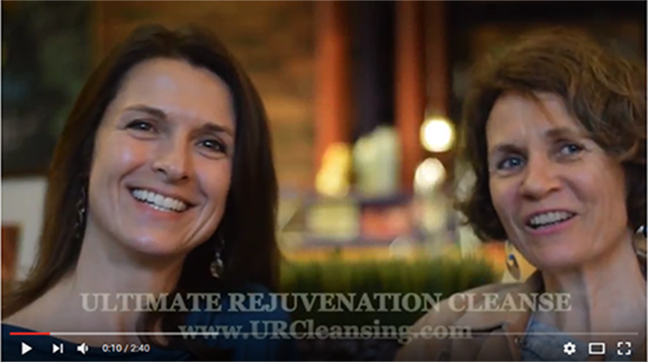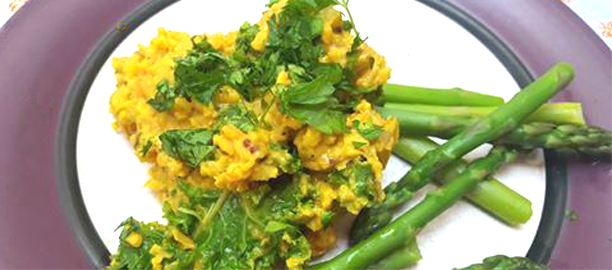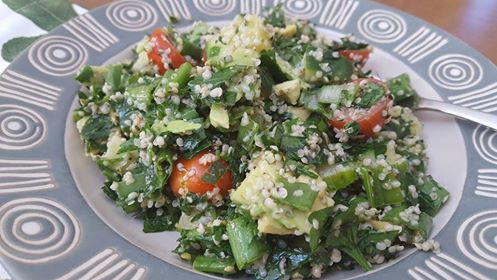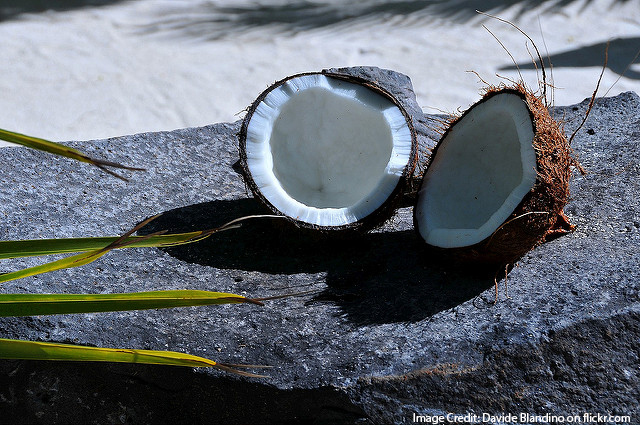
Like millions of other coconut lovers, you may feel utterly confused about recent media coverage of coconut oil. For some years now, it’s been revered as a skin saving, metabolism boosting, brain building, teeth whitening, virus killing, hair conditioning, fountain of youth and health. But in the last few weeks, we’ve seen respectable news sources telling us that coconut oil is not in fact good for us, and not only that, but it never was. They said it’s full of saturated fat and raises your bad (LDL) cholesterol! Before you pull out your well conditioned hair or grind your pearly white teeth, let’s discuss.
Having studied this for a few decades now, the one thing I can say with complete certainty is that with regard to human nutrition, things are always infinitely more complex than they appear on the surface. Even things that everyone seemed to agree on, like saturated fat and LDL cholesterol. As it turns out, not all saturated fat or LDL cholesterol is bad.
There are multiple forms of saturated fat – some are long molecules, some are short, and some are just right. Coconut oil has medium chain triglycerides, which has been shown to boost metabolism, enhance fat burning, reduce appetite, improve digestion, create energy, boost endurance, bolster brain function, benefit hormone levels, improve cardiovascular health, and like all fats, help absorb fat soluble nutrients. So, some forms of saturated fat are beneficial. Also, not all LDL is bad. There are “fluffy” forms that appear not to be harmful, unlike the smaller, denser form of LDL, which is actually the damaging form. Research has shown us that coconut oil raises the unharmful, fluffy form of LDL.
Dr Mark Hyman reports, “Studies show saturated fat raises LDL (your so-called “bad” cholesterol) but it improves the quality of the LDL and increases its size making it less likely to promote heart disease. It also raises HDL (“good” cholesterol). On the other hand, sugar lowers HDL. Ultimately, the ratio of total to LDL cholesterol and particle number and size are a far bigger predictor of heart attacks than LDL itself.”
The fact that coconut oil is mostly saturated fat makes it a better oil to cook with than other oils. When you expose unsaturated oils to heat, the bonds break down and they form a highly destructive oxygen species called “free radicals”. Free radicals cause oxidation, which results in accelerated aging, break down of cells and tissues, inflammation, and chronic disease. This is exactly why we need antioxidants. So you will expose yourself to fewer free radicals when cooking with a stable, saturated coconut oil than even olive oil.
What trends do we see in people who routinely eat coconut oil? Well, traditional populations have been consuming coconut oils for centuries without any adverse effects. In fact, the 1978 Demographic Yearbook of the UN reported that the death rate due to ischemic heart disease in Sri Lanka was 1 in a million. Other countries reported much higher numbers, between 38 and 188. Guess what dietary oil Sri Lankans eat the most of… You guessed it! Coconut oil.
With all of this evidence of the benefits of coconut oil, we may be left wondering why the American Heart Association would have recommended that we avoid coconut oil. Let’s first consider their track record. They not only recommended for years that we consume margarine, until the FDA actually banned it, but they are currently recommending foods that are shown without a doubt to be harmful to human health, like foods loaded with sugar, inflammatory, highly processed omega 6 oils, and carcinogenic deli meats (also full of saturated fat). They even put their seal of approval on Lucky Charms. Can we really trust anyone that encourages us to buy Lucky Charms?
The authors of the AHA report rake in millions of dollars from canola oil companies, the beef association, drug companies, and the big food companies bringing us all these unhealthy, processed foods. The AHA is unfortunately not doing the job they have been tasked to do – protect the cardiovascular health of Americans. Could their funding be influencing their recommendations? Share your thoughts below!
One finer point we should discuss is that oil (no matter what type) is not a “whole food”, meaning that it was extracted from a food, and is missing the fiber, protein, carbohydrates, etc. Our goal should always be to make our diets more “whole” – focusing on foods the way nature provides them, with nothing artificially added or removed. When you eat primarily whole foods, you don’t have to worry so much about getting enough of this or that, or too much of this or that. For this reason, oil in general should be minimized. But when you do use an oil to create your many fabulous recipes, enjoy coconut oil knowing that it is one of the best choices available.
Also, coconut oil is a wonderful beauty product. You can use it:
- As a deep conditioning treatment. Just rub a teaspoon or so into your hair and let it soak in for an hour or more. Wash well.
- As a skin conditioner. Using it as a lotion/cream makes your skin feel so velvety. It also provides a little sun protection! I use it primarily on my body. It is a little heavy for my facial skin. See where it works for you!
- As a teeth whitener. In the morning, let a couple teaspoons of coconut oil melt in your mouth. Then swish it around for 5 – 20 minutes, as you take care of your morning cleaning up. Spit it out in the trash, not the skink, since it can clog the sink over time. After a couple weeks of doing this daily, you will notice whiter teeth. It also is good for dental health.
- As an eye makeup remover. Smooth a little bit on your eyelashes and gently wipe off with a tissue. Rinse with water, and gently wipe again.
